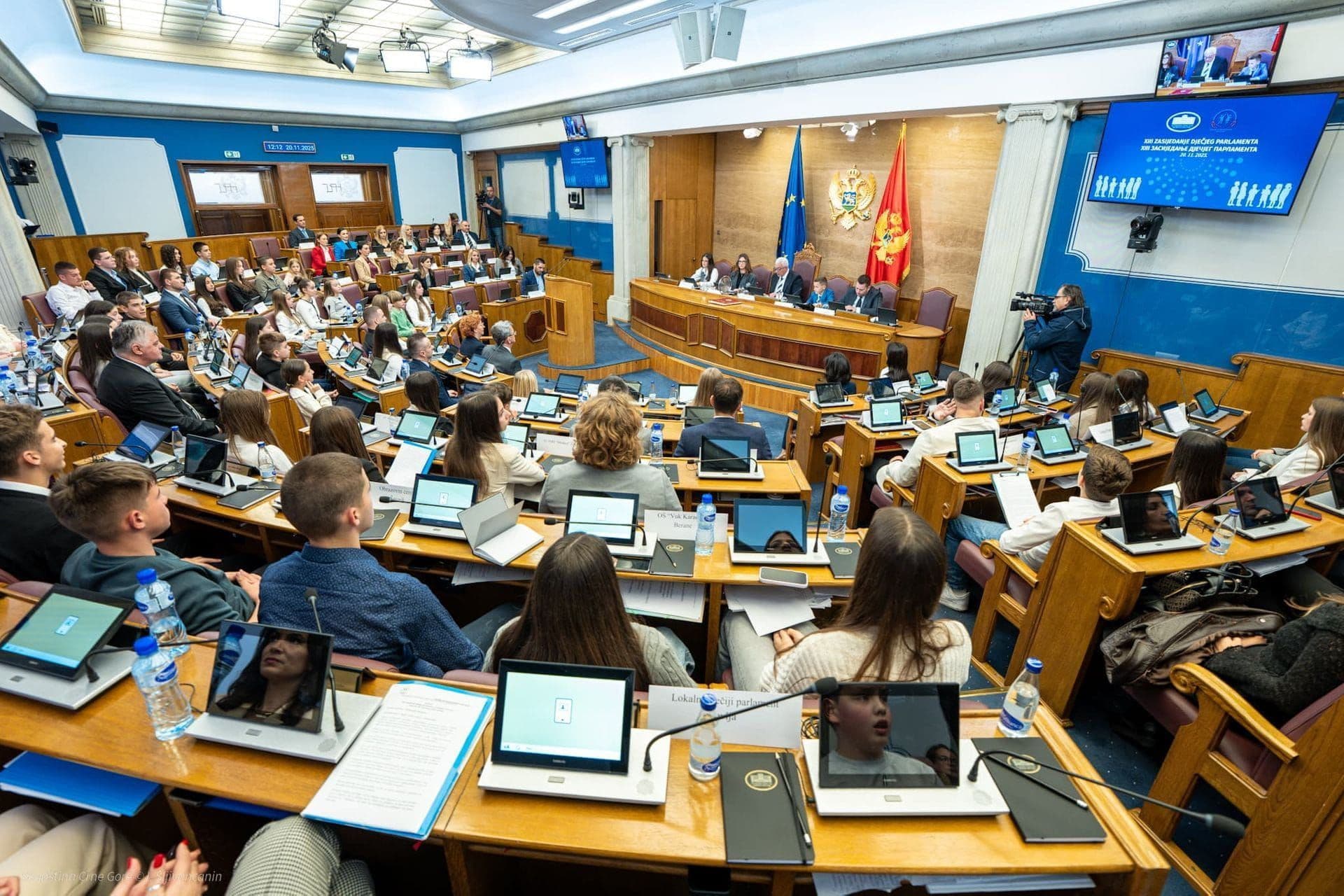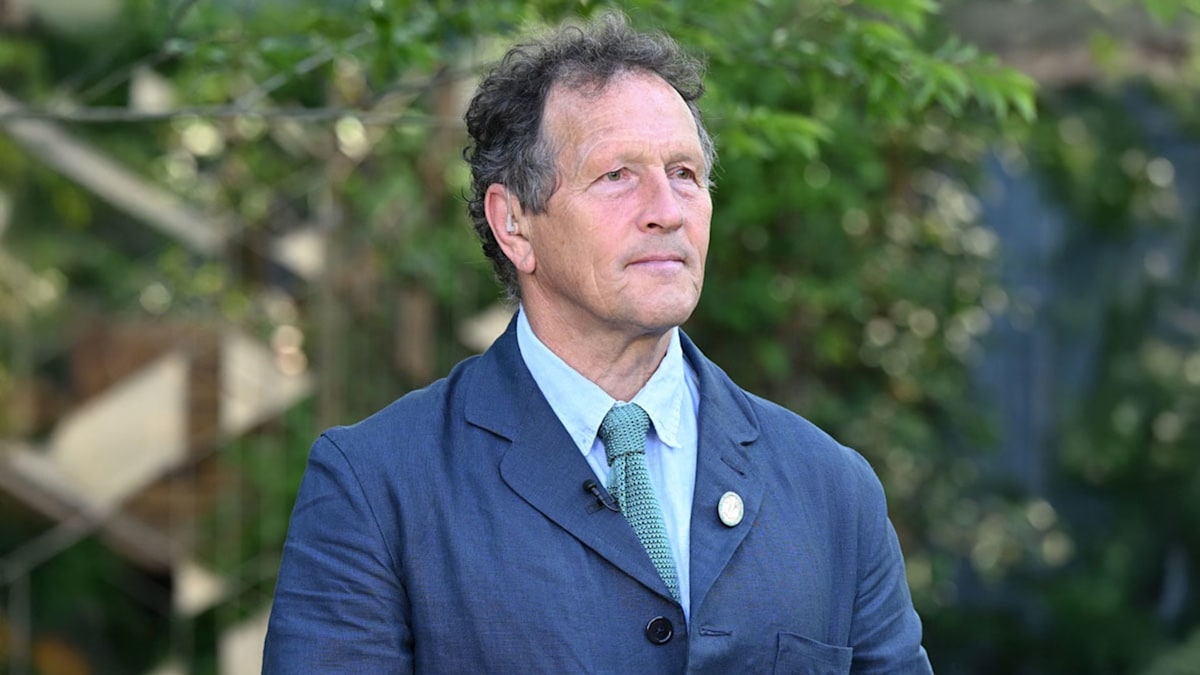Students at the University of Montenegro can now officially apply for their diplomas following the recent enactment of the Law on Higher Education. This law allows students who have completed one year of a two-year master’s program to be eligible for a diploma. Despite this new provision, universities are unable to issue diplomas until certain regulations are aligned with the law.
According to unofficial statements from the University of Montenegro, each student is entitled to submit a formal request for their diploma. However, the exact timeline for when students will receive their diplomas remains unclear. The university has confirmed that students earned this right with the law’s recent implementation, but communication is ongoing with both the faculties and the relevant ministry to complete the necessary regulatory adjustments.
The University of Montenegro is currently working to provide faculties with precise instructions on handling diploma requests from students. While the Ministry of Education, Science and Innovation has yet to respond to inquiries regarding specific implementation details, the Student Parliament of Montenegro has also been silent on this matter.
Some students have expressed interest in obtaining their diplomas from various faculties. However, after learning that diplomas are not yet available, many have refrained from submitting formal requests.
The Student Parliament previously highlighted the importance of passing the Law on Higher Education to facilitate students’ employment opportunities. They noted that students completing their studies under the 3+2 model often struggled to find suitable jobs after finishing their undergraduate degrees. With a diploma from the first year of the master’s program, students felt they would be better qualified for numerous job opportunities.
In parallel, applications for a professional training program with employers are open from October 18, 2023, to November 18, 2023. This program is set to commence on January 15, 2026. Some sources have suggested that an additional competition could be considered for those students who cannot yet receive diplomas after completing their first year of master’s studies.
The Student Parliament of the University of Montenegro had previously threatened to suspend classes in early October if the law allowing diploma issuance after the first year of master’s studies was not approved. However, they withdrew this threat once the law was enacted.
The new law specifies that for students enrolled in a master’s program of 120 ECTS credits, institutions must issue a diploma in postgraduate specialist studies if the student has earned at least 60 ECTS credits upon their request.
One of the significant changes introduced by this law allows faculties to choose which study model to adopt, such as 3+2+3, 3+1+1+3, or 4+1+3. Additionally, practical training has been redefined to require a minimum of 30 ECTS credits for undergraduate programs, to be conducted in real working environments or institutional facilities, in accordance with the study program.
Students may also register for up to ten additional ECTS credits beyond the standard 60 for subjects from previous academic years, provided they pay the fee established by the institution’s statutes. Importantly, students from marginalized communities and those with disabilities are exempt from tuition fees.
The Ministry of Education, Science and Innovation recently emphasized that this proposal lays the foundation for a modern, fair, and internationally recognizable higher education system, aligned with the country’s strategic goals and European standards.
The process of enacting the new law began during the tenure of former Minister of Education Vesna Bratic, yet it remains unclear why progress stalled. Afterward, Minister Miomir Vojinovic addressed this issue, but the matter was not resolved during his term, ultimately becoming the responsibility of current Minister Anđela Jaksic-Stojanovic.







